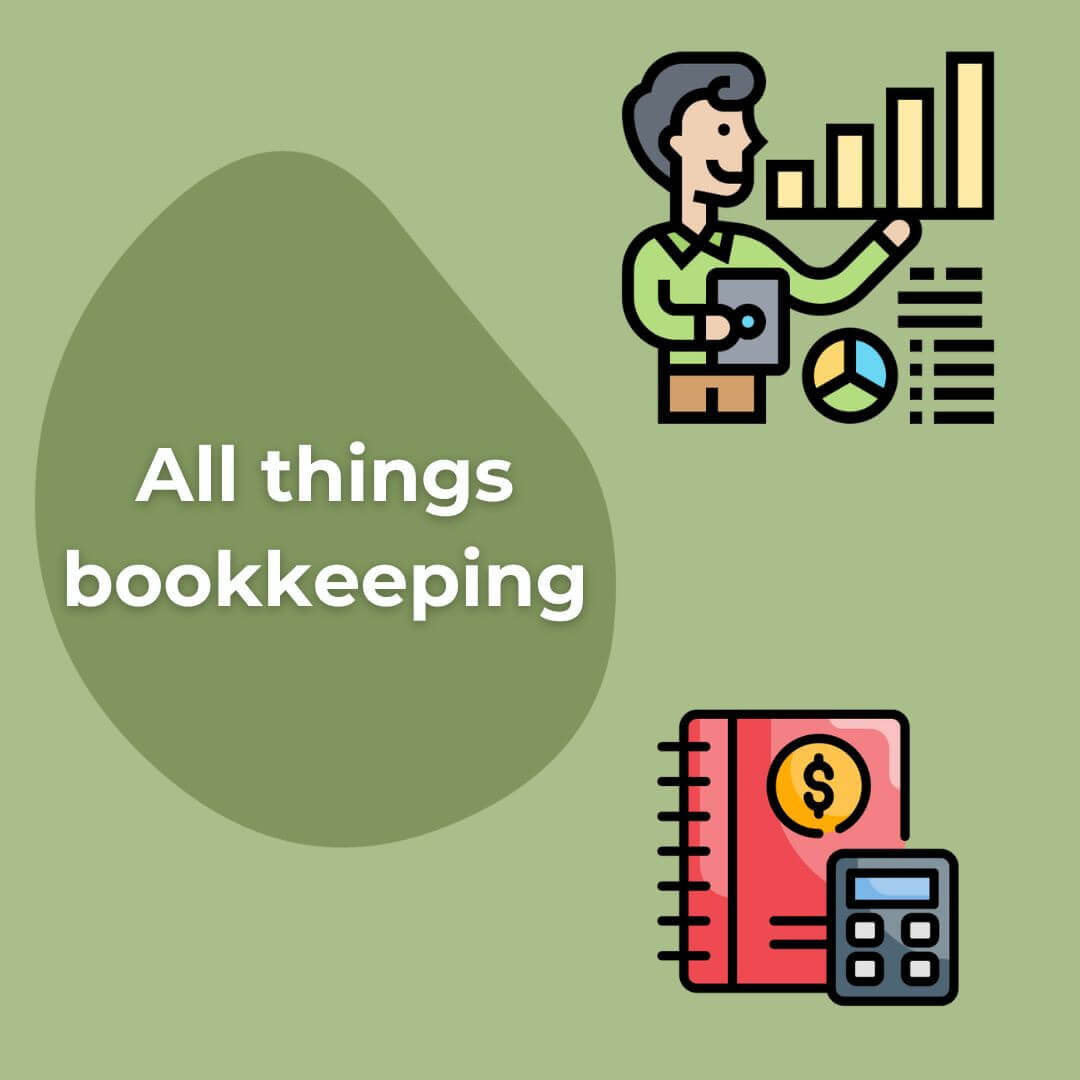How often should you do your bookkeeping?

For many business owners the priority is on manufacturing goods or fulfilling customer requirements and dispatching orders. The financial elements of running a business are often left until they simply have to be done. We get it. There’s no rule that dictates how often you need to ‘do the books’ – so it’s often not the top of your to-do list.
In all honesty, how often you do your bookkeeping is likely to be governed by the number of transactions your business has and your own personal preference. If you only invoice a few customers each month, then you probably do this monthly whereas a business with multiple transactions may need to invoice weekly at the least.
But best practice says that to be a successful business, it is important to know the financial position of your business at any given time. Based on this premise, our experience and that good old ‘best practice, here is the Hour Hands guide to how often you should do your bookkeeping (bearing in mind that the nature of your business may well change our suggestions).
What is bookkeeping?
Bookkeeping is the process of recording every single financial transaction made by your business. Accurate bookkeeping includes logging the money that comes into your business – from sales, paying invoices or loans – and money leaving your account – from buying stock or equipment, paying salaries or dividends, or repaying loans.
There is no legal requirement for a specific qualified person to do your bookkeeping – it could be you as the owner/manager or a director, team member, or you could choose to outsource the bookkeeping to a professional.
Why is bookkeeping important?
As stated before, every business owner/manager should know the financial position of the company at all times. This means your sales and turnover, as well as the cash flow and profitability. As a general rule it is important to know the following:
- How much money do you have in the bank?
- How much do your customers owe you?
- What stock do you have?
- Who do you owe money to – including HMRC, suppliers and lenders
How often should you complete your bookkeeping tasks?
To gather this information, there are a number of bookkeeping tasks that need to be completed. This is our guide to how often each task should be done but remember, your business may need different timescales. If you’re unsure, please feel free to ask a member of our experienced bookkeeping team.
Daily
- Login to your bank account and check your cash balance
- File any receipts and note mileage for any business-related journeys
- Store important documents where you can find them again easily – these could be either hard copies or emails
Weekly
- Record all expense transactions from that week. This could be in a spreadsheet or by using bookkeeping software such as Xero
- Ensure that you pay any invoices or bills that are due
- Check that your customers have paid any invoices that are now due
- Review your cash flow – do you have the cash available to pay any bills, invoices or wages that will be due in the near future?
Monthly
- Review any past-due account receivables. Send out any payment reminders or call your customers
- Reconcile payments into your account – ensure what is paid matches what is invoiced. It’s easier to sort out any problems now than at the year end
- Check your stock levels and make purchases if these are required
- Fulfil your Real Time reporting requirements (RTI) for employees and pay wages and outstanding expenses
Quarterly
- Review your profit and loss statements, cash flow and balance sheets. Compare these to your past performance to ascertain barriers, challenges and opportunities.
- This will allow you to flex your business to suit the current market conditions. You may need to increase your marketing, hire new (temporary) employees or halt production depending on what is happening.
- Make your quarterly VAT payments (if required)
Annually
- Complete your year end tax return
- File your corporation tax return and pay any tax that is due
- Share specified documents with Companies House
- Run your year end payroll, send final submissions and pay any taxes due
- Share P60s with all staff members
- Run an in-depth review of your accounts. Compare these to previous years and update your 5-year plan accordingly
Bookkeeping and payroll can be time consuming – how can Hour Hands help?
To successfully keep your accounts up-to-date can take time and there are deadlines to be met. Hour Hands has a team of experienced bookkeepers on hand to help you with all these tasks, including invoicing, reconciliations, credit control – the list goes on. We use most software packages or traditional spreadsheets so you stay in control whilst we do the work.
In fact, we can handle most tasks that don’t require your personal time, giving you the opportunity to concentrate on something else that you are better skilled at doing or, to allow you time to enjoy doing something that fills you with happiness.
If you think that we can help – or if you’d like to talk about it and find out, do fill in the contact form or give us a call. We’re always on hand and happy to help!